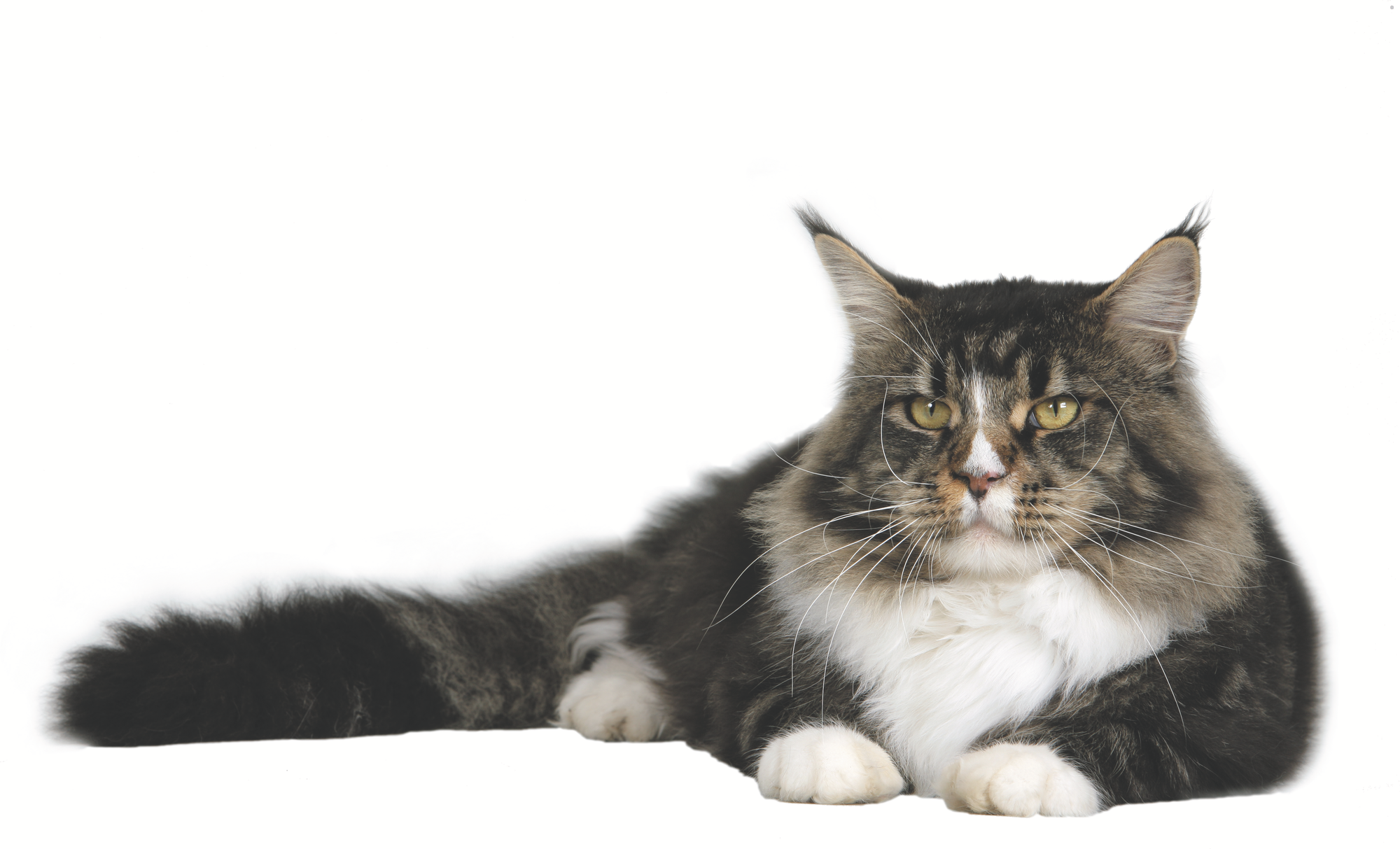Mature cats
Cats today are living longer than ever before - sometimes up to 25 years. As cats advance in age, some commonly seen ailments may occur such as decreased immune defense, lower nutrient absorption ability, decrease in appetite and becoming less able to chew their food. With these changes in mind, it is important to choose a highly palatable, nutrient-rich cat food with a softer texture for easy chewing.

Aging cats
The aging cat also has a more sedentary lifestyle, lower energy requirements and a higher risk of obesity. Add to that the mature indoor cat’s typical lifestyle, where sheltered from temperature variations and changes in day length disrupts the natural seasonal cycle of fur growth. This means almost continuous shedding and an increased risk of hairball formation.
Expert health advice for your aging cat
Get expert advice on how to provide the best care for your cat at every stage of life.